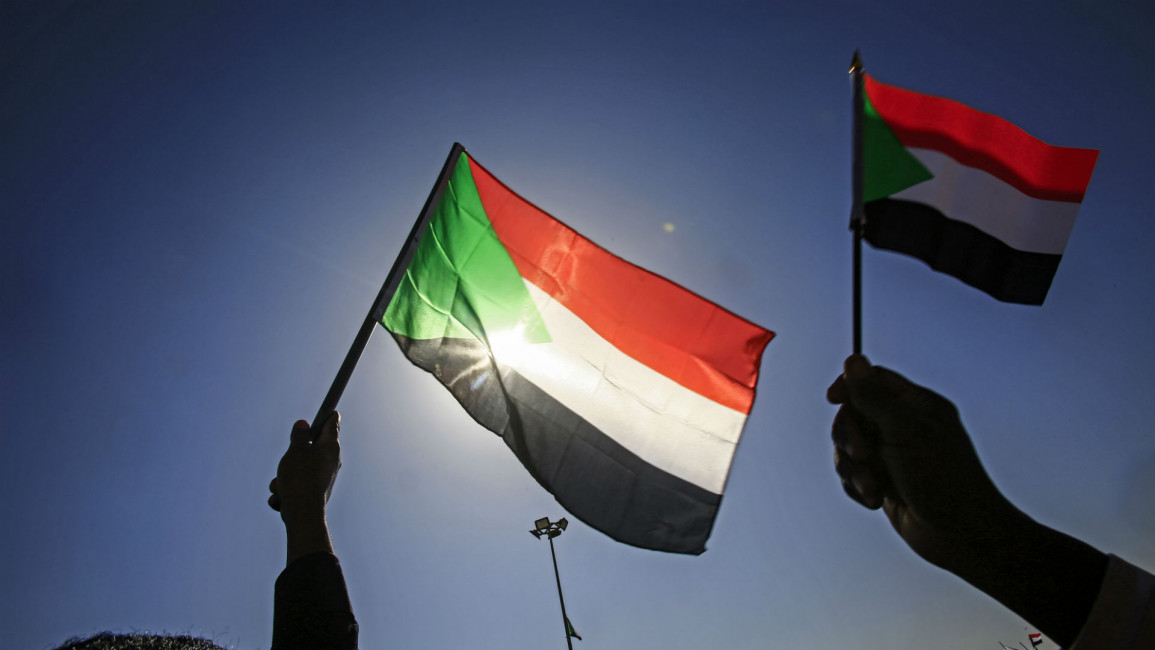Sudan spy chief orders release of detained protesters
The order issued by Salah Ghosh comes amid mounting international criticism of the agency's sweeping crackdown to prevent the spread of protests that first erupted in December.
"The chief of the National Intelligence and Security Service issued an order to release all detainees held in recent incidents," the information ministry said.
The Sudanese Professionals Association that is leading the protest campaign dismissed the release order.
"We do not trust the lies of this regime as until now the authorities have detained only free people," the SPA said, as it called for more demonstrations over the next two days.
Rights groups say NISS has arrested more than 1,000 people, including protesters, opposition leaders, activists and journalists, as part of the clampdown on the demonstrations.
The east African nation has been rocked by deadly protests since December 19 after a government decision to triple the price of bread.
The demonstrations swiftly turned into nationwide calls for President Omar al-Bashir to step down.
Riot police have confronted the protesters with tear gas as part of the NISS-led crackdown.
Officials say 30 people have died in violence during the protests, while rights groups have put the death toll at more than 40.
US criticism
The widespread crackdown against protesters has triggered international criticism, with the United States warning Khartoum its actions might impact ties between the two.
The United States urged Khartoum to free all "journalists, activists and peaceful protesters who have been arbitrarily detained."
"We also call on the government to allow for a credible and independent investigation into the deaths and injuries of protesters," State Department spokesman Robert Palladino said last week.
Excessive use of force and intimidation of the press and rights activists, he warned, would jeopardise ties with the United States.
The US has been slowly mending relations with Sudan after decades of tension, including over the presence of late al-Qaeda chief Osama bin Laden in the country in the 1990s and a military campaign in the western region of Darfur that Washington described as genocide.
Britain, Canada, Norway and the United Nations have also criticised the crackdown, along with rights groups.
For years, anger has been mounting across Sudan over growing economic hardships and deteriorating living conditions.
That ire has now spilt onto the streets, with protesters demanding the resignation of Bashir.
Bashir has blamed the country's economic woes on Washington, after it imposed a trade embargo on Khartoum in 1997.
Washington lifted the embargo in October 2017, but that has failed to revive Sudan's economy hit by soaring inflation and an acute foreign currency shortage.
Follow us on Twitter: @The_NewArab



